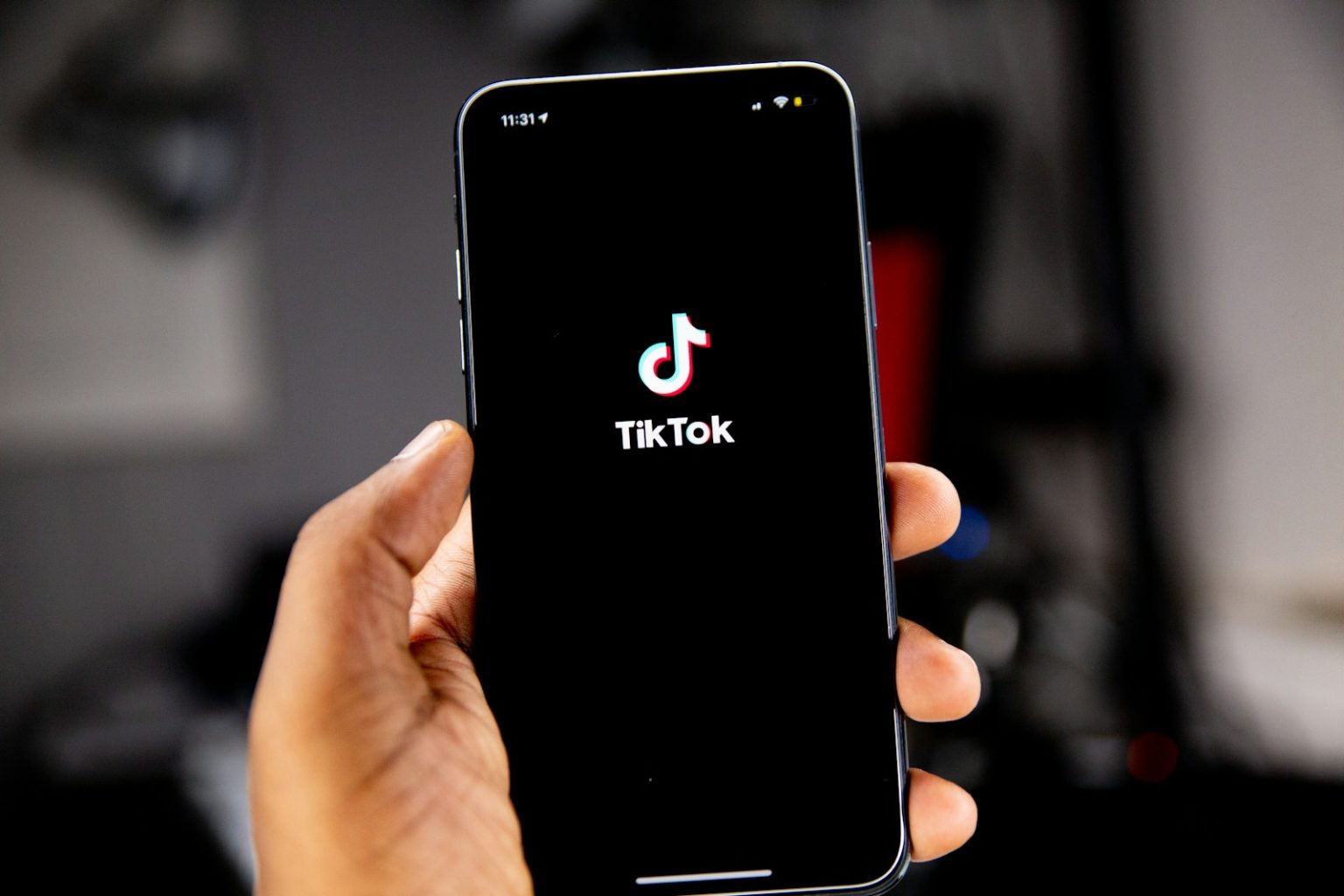What This Means for American Users
The requirement to download a new application would likely disrupt the user experience for millions of Americans who regularly engage with TikTok. The platform has built its success on a highly personalized content algorithm that learns user preferences over time. A new application might mean starting fresh with content recommendations, potentially losing the customized feed many users value.
Beyond algorithmic changes, questions remain about whether user data, including account information, followers, and previously created content, would transfer seamlessly to the new application. These uncertainties have raised concerns among content creators who have built substantial followings on the platform.
Business and Regulatory Factors
The potential requirement for a new application stems from ongoing discussions about TikTok’s ownership structure. Regulatory concerns about data security and foreign control have pushed negotiations toward solutions that would establish more precise boundaries between international versions of the platform.
A separate US-based TikTok application could address some regulatory concerns by creating a more distinct separation between user data stored in different countries. This approach might satisfy some security requirements while allowing the service to continue operating in the United States.
The ownership transfer negotiations appear to be moving toward a solution that prioritizes data sovereignty and regulatory compliance over maintaining a unified global application.
Technical and Design Considerations
If users must download a new application, several technical questions arise:
- Will the new app maintain the same core features and interface design?
- How will user verification and account migration be handled?
- Will content moderation policies change under new ownership?
- Can the recommendation algorithm be transferred, or will it need rebuilding?
The answers to these questions will determine how disruptive the transition proves to be for the platform’s user community. Technical limitations or legal restrictions may prevent a complete transfer of the current TikTok experience to the new application.
For content creators who rely on TikTok for income or brand building, these potential changes create uncertainty about the future of their digital presence. Many have invested significant time developing followings on the platform, and a substantial change could impact their reach and engagement.
As negotiations continue, users and industry observers are watching closely for more details about what a new TikTok application might look like and how the transition would be managed. The outcome will likely establish precedents for how similar situations involving globally popular applications are handled in the future.







